Prize for scientists that unravelled how animals’ bodies keep time
BREAKING NEWS The 2017 #NobelPrize in Physiology or Medicine has been awarded to Jeffrey C. Hall, Michael Rosbash and Michael W. Young. pic.twitter.com/lbwrastcDN
— The Nobel Prize (@NobelPrize) October 2, 2017
The 2017 Nobel prize in physiology or medicine has been awarded to three biologists who discovered how animals’ internal clocks regulate time.
Michael Young of Rockefeller University in the US, together with Michael Rosbash and Jeffrey Hall from Brandeis University, US, got the prize ‘for their discoveries of molecular mechanisms controlling the circadian rhythm’. All three worked on the fruit fly Drosophila melanogaster to uncover the molecular pathways that control the day–night cycle in many animals, including humans. They isolated a gene called period, or per, which codes for the protein PER. PER accumulates at night and is degraded throughout the day, and its stability determines the speed of the body clock. They then went on to discover other genes and proteins involved in regulating circadian pathways.
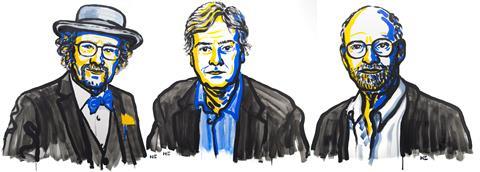
David Eisner, president of the Physiology Society, said that their work has ‘huge implications for our health and wellbeing’. ‘So much of our brain and body has the capability of 24 hour rhythms and this process needs to work well to ensure good health,’ he said. ‘This research will help us develop better treatment for ill health, for example if we can target particular components of the clock we can stop development of certain diseases.’
If you’re hungry for more Nobel prize coverage then check out our page for all things Nobel.


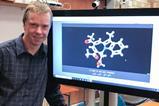


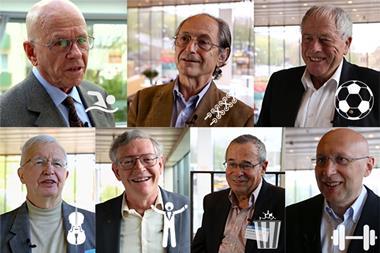
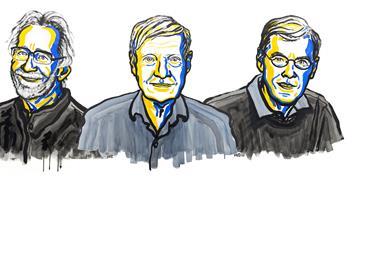
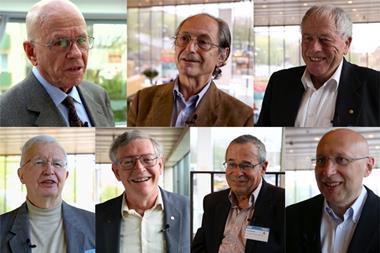
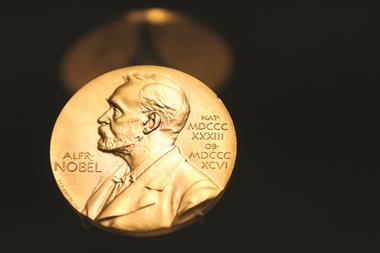
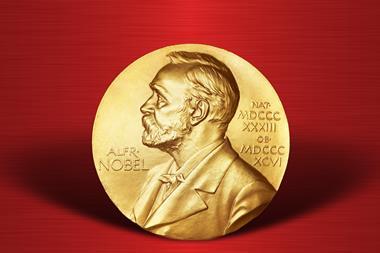







No comments yet